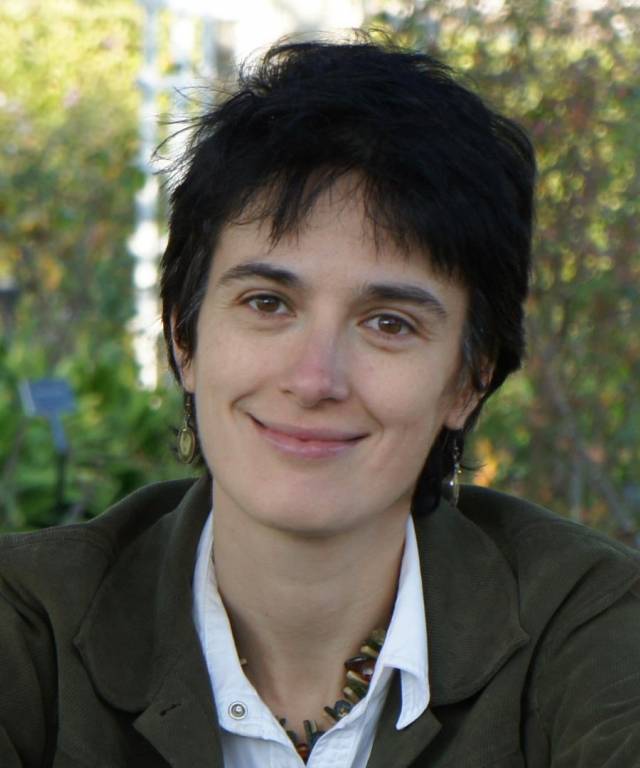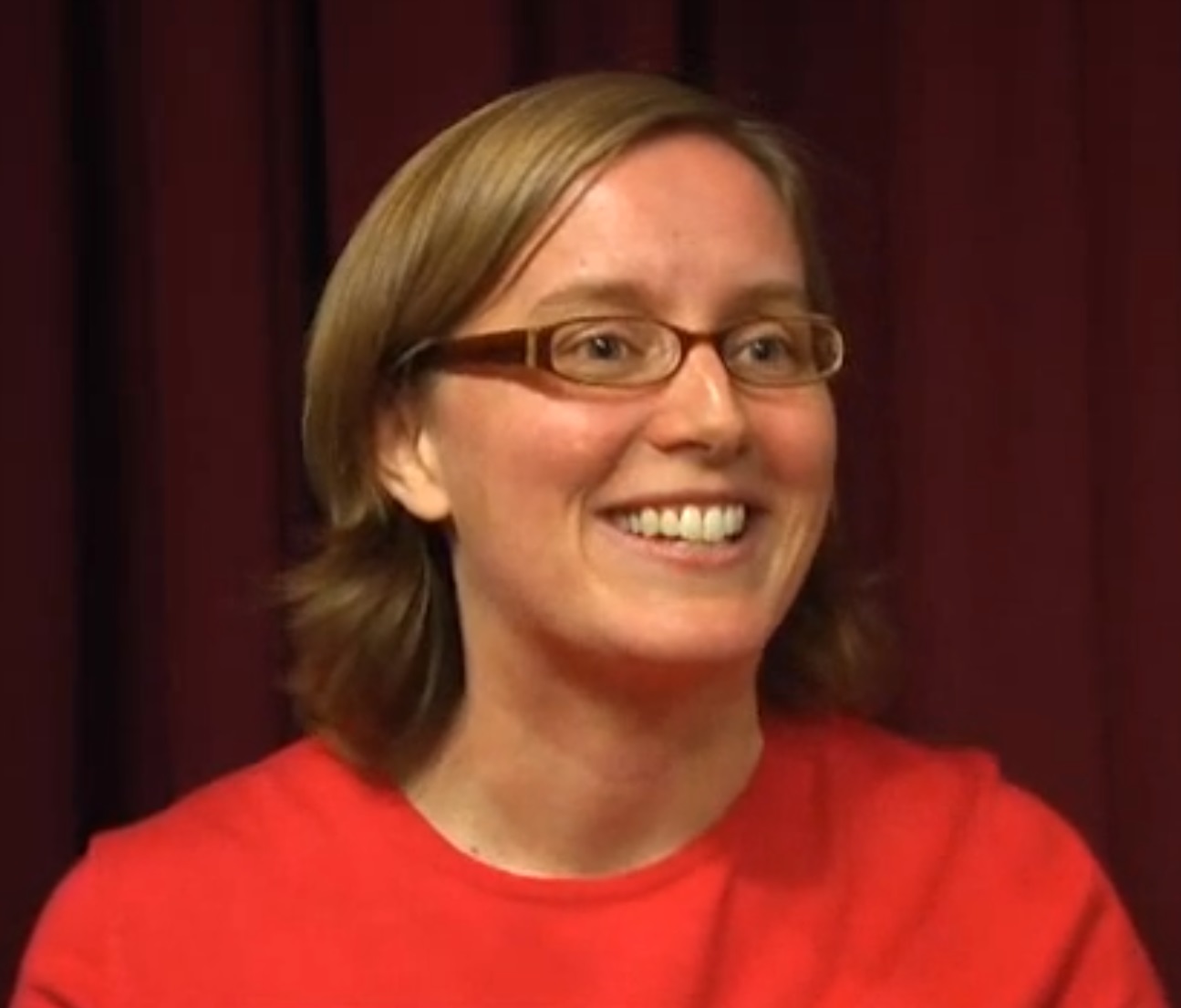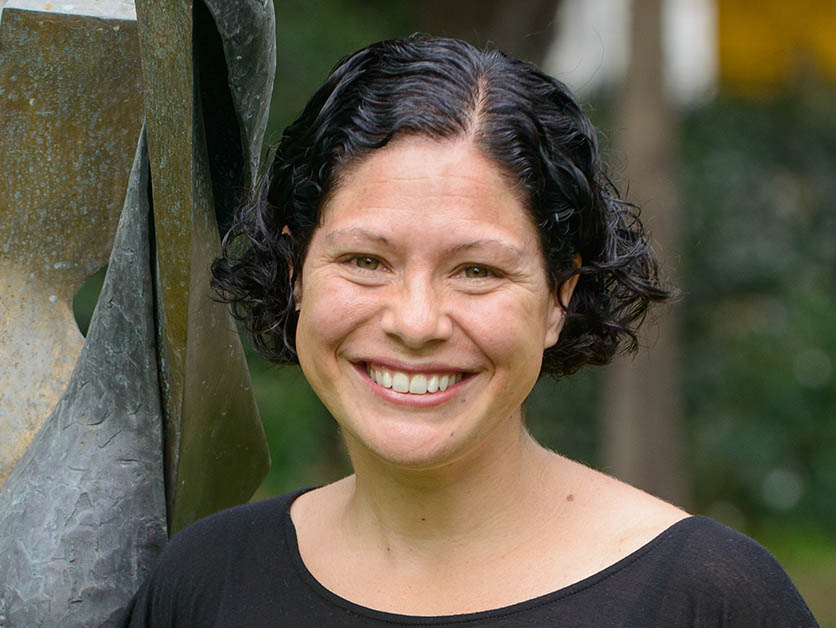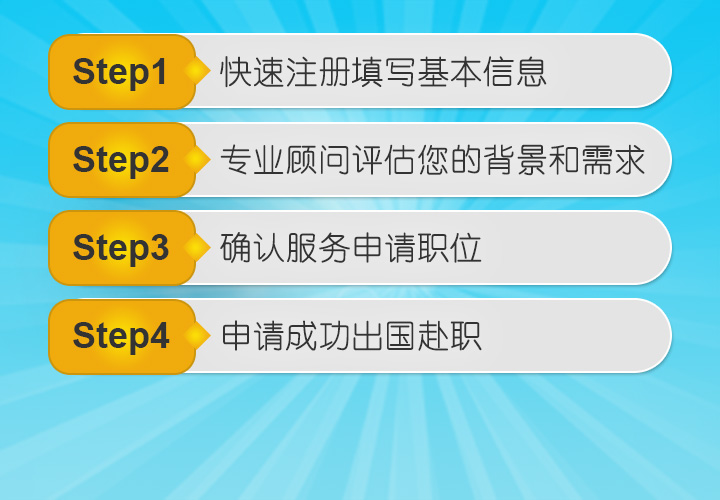双语对照|如何让科研事业走得更远(上)
从事科研事业的博士后及访问学者们,工作中是否会产生焦虑?是否有想换方向的冲动?遇到挫折怎么处理?对于这些问题,Nature曾给出由不同领域六位杰出学者提供的10个建议,在此知识人网小编用双语对照的形式推送给大家。
MIHAELA VAN DER SCHAAR
Data scientist at the University of Oxford, UK.
英国牛津大学数据科学家

1、Focus on the fundamentals关注基本面
Interdisciplinary skills are more important than ever. Many people try to prepare for an interdisciplinary career by taking a lot of different courses during their PhD, but that should be a time to focus on the fundamentals and build a strong technical background. After you get a PhD, you can take your bag of tools and do a postdoc in a different field.
跨学科技能比以往任何时候都更加重要。许多人试图通过在攻读博士学位期间参加很多不同的课程来为跨学科职业生涯做准备,但此时应该是专注于基础知识和建立强大技术背景的时候。获得博士学位后,您可以带上你的技能包,在不同的领域做博士后。
2、Don’t be afraid to jump ship不要害怕跳槽
By switching specialities, most recently to data science and machine learning, I’ve found the same sort of passion in middle age that I had as a PhD student. I have a beginner’s excitement.
通过转换专业,最近转换到数据科学和机器学习,人到中年的我找到了和博士生时那样的激情。我体会到一个初学者的兴奋。
I was at the peak of my career doing work on signal processing when I decided to follow my interests and study data mining. I had become a full professor at the University of California, Los Angeles, but decided to change course again to data science and machine learning. In academia, though, moving through multiple types of experiences can be seen as a weakness, and I don’t have the impact of someone who stayed in one field. Still, I’m very happy with my career. I just don’t fit very well into a single box. I fit in many boxes.
当我决定遵循我的兴趣,研究数据挖掘时,正值从事信号处理工作职业生涯的巅峰时期。我已经是加州大学洛杉矶分校的全职教授,但决定再次改变研究方向,转向数据科学和机器学习。然而,在学术界,杂而不专可能被看作是一个弱点,因为我并没有仅仅在一个领域专注下去并给人留下深远的影响。不过,我对自己的事业非常满意。我只是不太适合聚焦在一个领域,我更喜欢涉略多个领域。
MEGHAN DUFFY
Ecologist at the University of Michigan in Ann Arbor.
密歇根大学安娜堡分校的生态学家

3、Learn the power of yes学习说“是”的力量
Learning how to say “no” effectively is a common piece of advice in academia, and I understand why. A lot of academics are overcommitted, and that’s a huge source of stress. But it’s just as important to learn when to say “yes”. If you never say yes, you’re never going to find the things you care about or have the impact you want to have. Think regularly and clearly about your long-term goals, and you’ll know when to jump at an opportunity.
学习如何有效地说“不”是学术界的常见建议,我理解其中的原因。很多学者受到了过度的束缚,这是压力的巨大来源。但学习何时说“是”同样重要。如果你从不说“是”,你就永远也找不到你所关心的东西,也不会得到你想要拥有的影响。对你的长期目标进行定期、清晰的思考,你将知道何时该抓住机会。
One of my goals is to improve the climate of academia. Recognizing that made me rethink whether I should work on so many editorial boards. That sort of commitment takes me away from promoting diversity, equity and inclusion. When I was offered a chance to blog for Dynamic Ecology the timing was terrible, but I knew I’d regret it if I didn’t take it. Blogging fits with my goals. I can’t magically make more time, but I can make the most of the time I have.
我的目标之一是改善学术界的氛围。认识到这一点,让我重新考虑是否应该在这么多编辑委员会工作,这种事务让我远离了促进多样性、公平和包容。当我有机会为《动态生态学》写博客时,真是糟透了,但我知道如果我不接受这个工作,我会后悔的。写博客符合我的目标。我不能神奇地变出更多的时间,但我能充分利用我拥有的时间。
4、Put yourself first把自己放在第一位
Don’t sacrifice your health and well-being for your career. Especially early in your career, it’s easy to say: “I shouldn’t do this long-term, but if I work really long hours now, I can make up for it in the future.” That’s a very common mindset, but it’s dangerous. I know people who had to leave academia after getting tenure because they didn’t address their mental-health issues during training. On Twitter, people will say: “Things are pretty bad but I’ll deal with it later.” They should deal with it now. That means: keep working hours under control, make time to exercise, spend time with friends and family and generally enjoy life. And if they need professional help, they shouldn’t wait.
不要为了事业而牺牲你的健康和幸福。特别是在你职业生涯的早期,可能经常会说:“我不应该长期熬夜加班,但如果我现在长时间工作,可以在未来得到弥补。”这是一种很普遍的心态,但很危险。我认识一些人在获得终身教职后不得不遗憾离开学术界,因为他们在培训期间没有解决他们的心理健康问题。在推特上,人们会说:“事情很糟糕,但我以后再处理。”他们现在应该处理好!这意味着:控制工作时间,腾出时间锻炼,花时间与家人和朋友在一起,享受生活。如果他们需要专业帮助,他们不应该等待。
MAYA SCHULDINER
Cell biologist at the Weizmann Institute of Science in Rehovot, Israel.
以色列雷霍沃特魏茨曼科学研究所的细胞生物学家

5、Listen to your lab members倾听你的实验室成员的建议
A lot of people who start their own labs are afraid to admit how clueless they really are. They distance themselves from their students and postdocs because they want to assert control and act like they know what they are doing. But that distance can be very damaging. Most trainees have a lot to contribute. If you’re willing to listen to them, you could learn from their experience. They know whether a lab is functional or dysfunctional, and they might even have great ideas for making it better.
很多刚刚组建自己实验室的人都不敢承认自己有盲点。他们与学生和博士后保持距离,因为他们想保持一种控制感。但这种距离可能非常有害。大多数实验室成员都做出了贡献。如果你愿意听取他们的意见,你可以从他们的经验中学习。他们知道实验室是功能性良好的,还是功能失调的,他们甚至可能有好的想法让实验室变得更好。
Supporting your lab members and listening to their concerns could have a big pay-off. A lot of trainees waste huge amounts of time dealing with setbacks and self-doubt. If you are receptive to their worries and give them encouragement, you can have happier, more energized, more productive lab members. You can’t do this alone.
支持你的实验室成员,倾听、关心他们可能会带来巨大的回报。许多实验室成员浪费了大量的时间来应对挫折和自我怀疑。如果你能接受他们的烦恼并给予鼓励,你可以拥有更快乐、更有活力、更有生产力的实验室成员。你不能单打独斗!





















